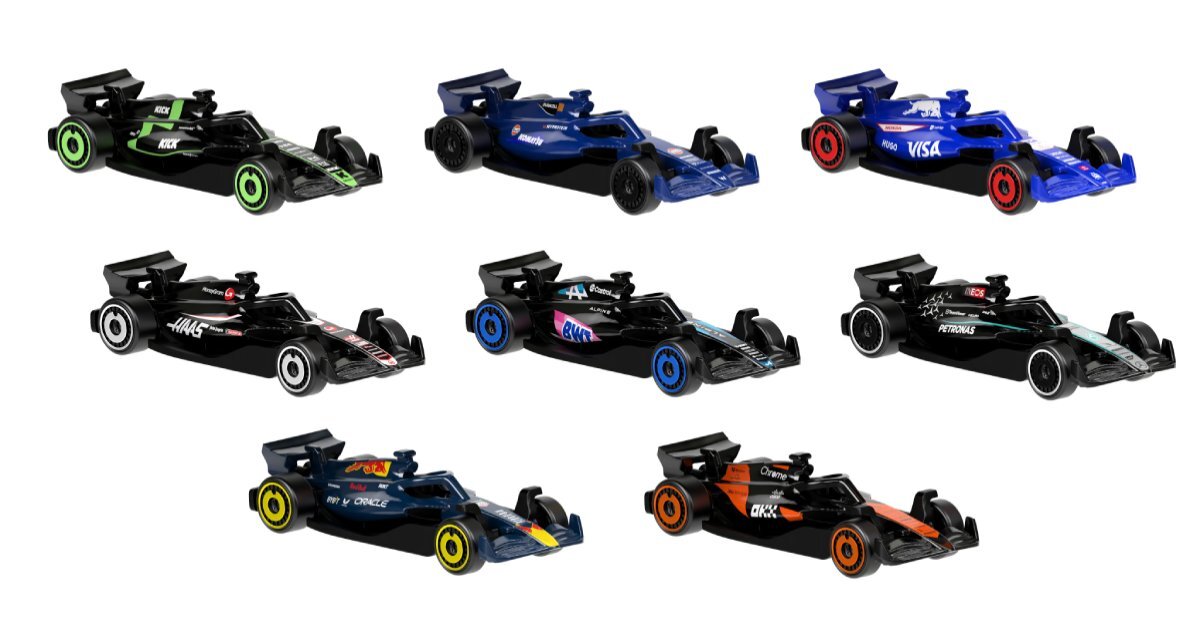Toy Industry Braces for Price Increases

By Mark Seavy
As publicly traded toy companies released earnings this past week, the potential impact of proposed tariffs imposed on Chinese imports came into sharp focus.
Hasbro, Mattel, Spin Master Corp., and Jakks Pacific disclosed plans for increasing wholesale prices for retailers, a portion of which will be passed to consumers. And while the final amount of those increases will hinge on the tariffs imposed (they are currently 20% but could rise to 145% once the 90-day suspension of proposed tariffs ends in early July), the toy companies are rushing to offset their impact.
Part of those efforts includes moving to expand production outside China to lower costs and offset tariffs.
Mattel, for example, has 40% of its global toy production in China. This year the company is relocating production of 500 toys outside the country, up from 280 products in 2024, said CEO Ynon Kreiz. Mattel is also moving to reduce U.S. imports from China to less than 15% of global production in 2026 and to 10% the following year. Mattel’s exposure to tariffs is about $250 million, company executives said.
Hasbro, meanwhile, sources 50% of its global production from China but expects to drop that below 40% in the coming years, said Hasbro CEO Chris Cocks. The company is also expanding manufacturing to 10 countries (up from eight) and is potentially shifting U.S. Play Doh production from China to Turkey, where it also is produced for the European market, Cocks said.
Hasbro has long manufactured board games at a plant in East Longmeadow, MA (a remnant of its 1984 acquisition of Milton Bradley) and makes Wizards of the Coast products at facilities in Raleigh-Durham, NC and Grand Prairie, TX as well as in Japan. Wizards of the Coast has an approximately $10-million cost tied to the tariffs, against the $100-$300 million overall forecast for Hasbro.
Jakks, meanwhile, has worked with suppliers to hold some goods developed for the U.S. so they are available should import costs “reduce substantially,” CEO Stephen Berman said.
“Our perspective is that any lasting tariff on imported product is essentially a consumer tax,” said Berman, whose company is hosting a factory summit in May at its Santa Monica, CA headquarters. “The cost will be passed along to consumers in higher retail prices. There is no magic wallet that is going to pay for it. Our industry has already seen too many factories, wholesalers, and retailers go bankrupt over the past 10 years without those additional burdens in place.”
For the most part, toy companies are in discussions with retailers on price increases for consumers given that neither the supplier nor the retailers can “absorb the higher tariff costs,” said Spin Master CEO Max Rangel, whose company sources about 55% of its products from China. It also gets them from Vietnam, India, Mexico, Indonesia, and the European Union. About 27.5% of Spin Master’s products would be subject to the proposed 145% tariff, Rangel said, and the toyco gets about 42.5% of its annual revenue from the U.S. The goal, according to Rangel, is to have 75-80% of its toys sourced outside of China by 2026.
While some retailers have cancelled orders because of the proposed tariffs, neither Mattel nor Hasbro noted anything “material,” company officials said.
As an offshoot of the discussions with retailers, many toy companies are sharpening their focus on lower cost goods. About 50% of Jakks’ products sell for $29 or less, which “serves us well in this environment,” Berman said.
Under “current market scenarios,” Mattel is considering pricing 40-50% of its products at $20 or less, said Kriez, whose company sources die cast cars (Hot Wheels and Matchbox) and fashion dolls from China.
And Hasbro is seeking to gain “market share and shelf space” with products in the $9.99-$19.99 range, Cocks said.
“Taking price action in our U.S. business where necessary will be done in close collaboration with our retailers while always keeping the consumer in mind to ensure we offer the right balance of price and value and maintain high quality standards,” Kriez said.




